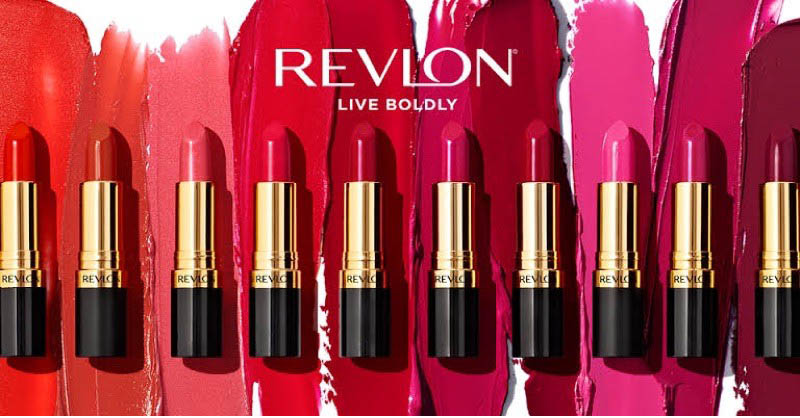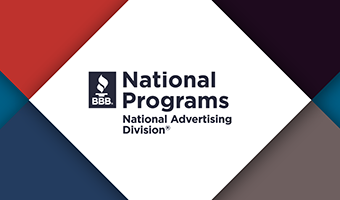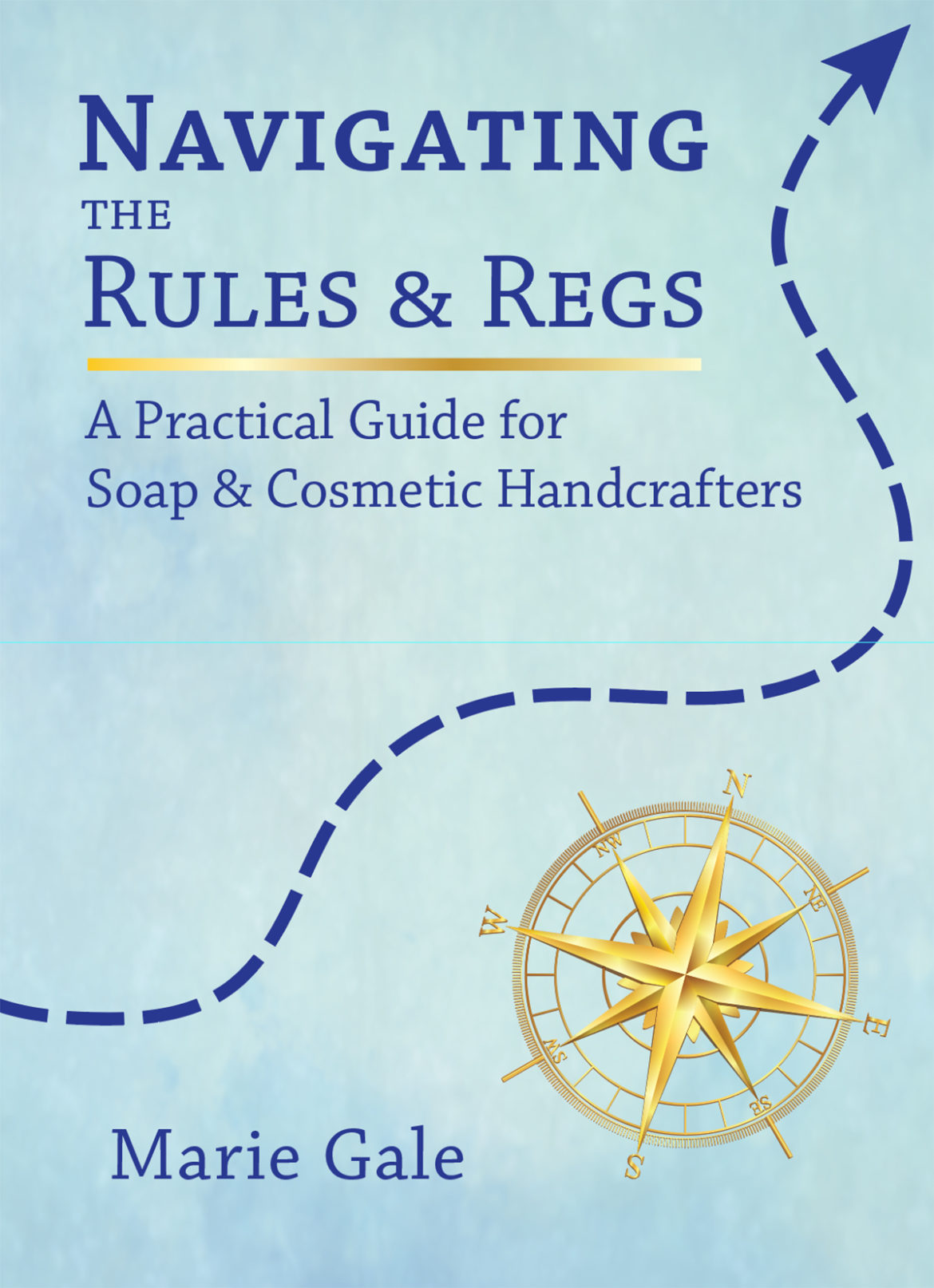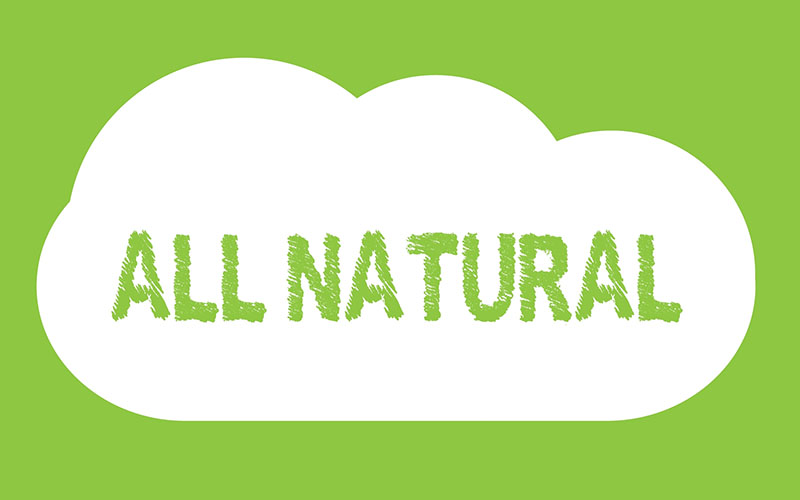-

Endorsements, Reviews & Testimonials
Reviews and testimonials are highly effective marketing tools. So effective that the FTC has issued rules covering them.
-

Revlon Bankruptcy
An interesting tidbit from the world of big cosmetic companies. …Cosmetic company Revlon filed for Chapter 11 bankruptcy last month.
-

Indian Sandalwood
Indian Sandalwood – once considered a vulnerable species, now the oils and wood can be sustainably sourced from Australian plantations.
-

A Reverse Look at Product Claims
Wondering why you can’t say more about what your product will DO? Let’s take a look at what the FDA has to deal with. Viagra in honey? Yep.
-

For Comparison – Turkey
Ever wondered what the cosmetic regulations are in a country outside the US, Canada and the EU? Let’s take a look at Turkey.
-

Public Opinion on Cosmetic Safety
As part of a course I’m doing, I asked about 40 random people, “Do you think cosmetics are safer now than they were 25 years ago?” YIKES was I surprised by the answers!
-

BBB National Programs – Advertising
Did you know the Better Business Bureau has National Programs? Of particular note are the Advertising Initiatives, which provide a forum for “promoting truthful, transparent, responsible advertising through self-regulation, monitoring, and enforcement.”
-

Cosmetics That Look Like Food
Soap that looks and smells like pie. Bath bombs that look and smell like candy. Fun to do and sell – but is there a legal downside? Turns out, at least the the EU, there is.
-

California Legislation – Microplastics
In February 2022, California Assemblymember Bill Quirk introduced Assembly Bill (A.B.) 2787 “Microplastics in Products.” It covers both rinse-off and leave-on cosmetic products.
-

Cosmetic Regulation Update
On May 17, the Senate HELP (Health, Education, Labor, and Pensions) Committee introduced a draft bill which includes changes to the Food Drug and Cosmetic Act regarding cosmetics.
-

New Book! Navigating the Rules & Regs
New book! Navigating the Rules and Regs is finished and available at Amazon!
-

Natural Ingredients and Products
>As of now (2022) the FDA has declined to provide a formal regulatory definition of the term “natural” as applied to cosmetics (or food). That said, there are some standards that can guide you concerning when the claim of “natural” is appropriate (that is, not false or deceptive) for a cosmetic product. FDA – Food […]
Get updates and news from Marie Gale!
